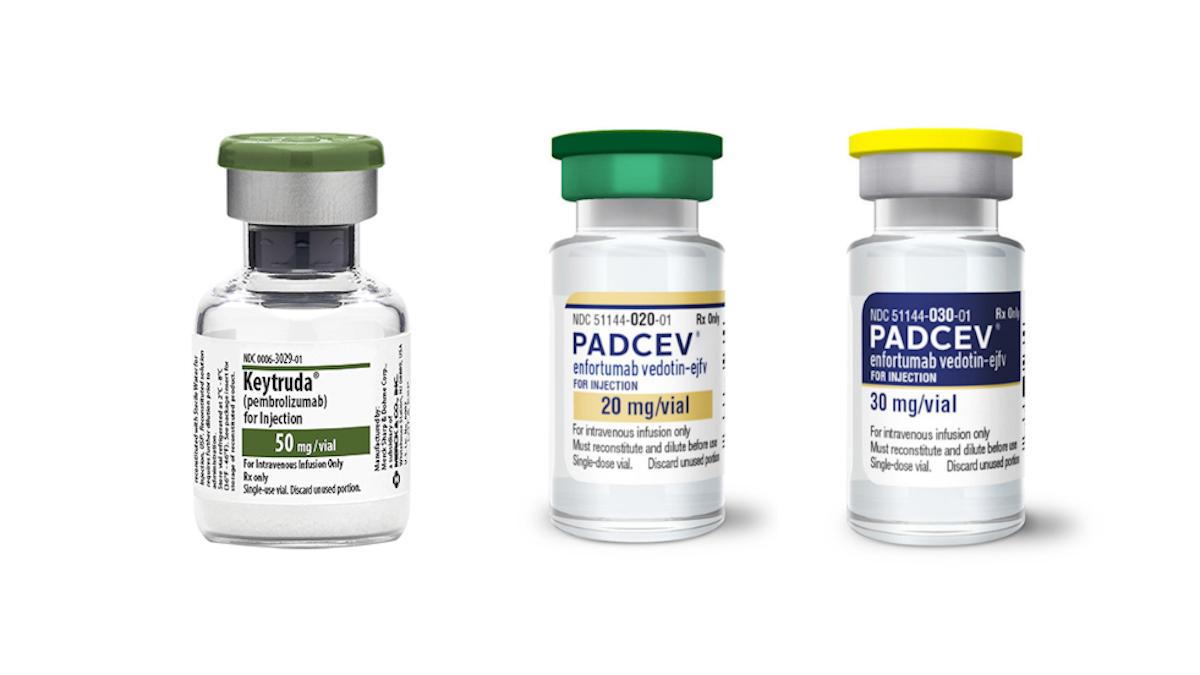Trial answers the KRAS question for Keytruda in lung cancer

Merck & Co’s Keytruda reigns supreme among immunotherapies for non-small cell lung cancer (NSCLC), and new data looks set to consolidate that position even further with new data in KRAS-positive tumours.
A new analysis of data from the KeyNote-042 trial in previously-untreated NSCLC has shown that the drug is effective regardless of whether a patient’s tumour bears KRAS mutations – which make the cancer much more virulent.
KeyNote-042 underpinned the approval of Keytruda (pembrolizumab) as a monotherapy and in frontline NSCLC, but little has been known about the drug’s efficacy in patients harbouring KRAS mutations until now.
More than 20% of patients with advanced NSCLC carry mutations in the KRAS gene, making it the most frequent molecular alteration, and there are currently no effective targeted therapies directed against it although several are coming through the R&D pipeline.
It was “encouraging to see in this exploratory analysis that Keytruda monotherapy was associated with a survival benefit in certain patients with metastatic non-squamous non-small cell lung cancer, regardless of KRAS mutational status,” said Dr Jonathan Cheng, head of oncology clinical research at Merck.
In the new analysis presented at the ESMO Immuno-Oncology congress this week, Keytruda reduced the risk of death by 58% in patients with any KRAS mutation, and by 78% in those with a specific mutation called KRAS G12C compared to chemotherapy.
The finding reduces the chances that emerging KRAS-targeting drugs will impinge on Keytruda’s dominant position in NSCLC, which has driven the product to sales of $3.1 billion in the third quarter and could help it become the top-selling drug in the world by 2025, according to some estimates.
Amgen’s AMG 510 – which directly targets the G12C mutation – is currently leading the charge among KRAS drugs after reporting positive early-stage results in KRAS-mutated NSCLC at this year’s ASCO conference, although it fared less well in a second trial in colorectal cancer.
Other players in the KRAS arena include Boehringer Ingelheim, which recently signed a partnership in this area with the University of Texas MD Anderson Center, as well as Novartis and Mirati with their G12C-targeting candidate MRTX849 in phase 1/2 testing and Merck’s own project with Moderna on RNA-based therapy mRNA-5671.












